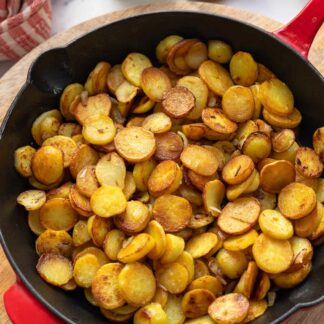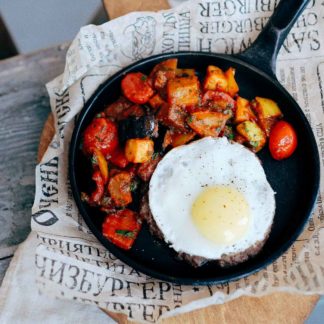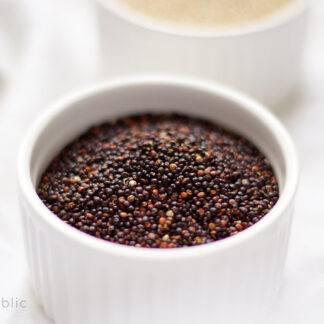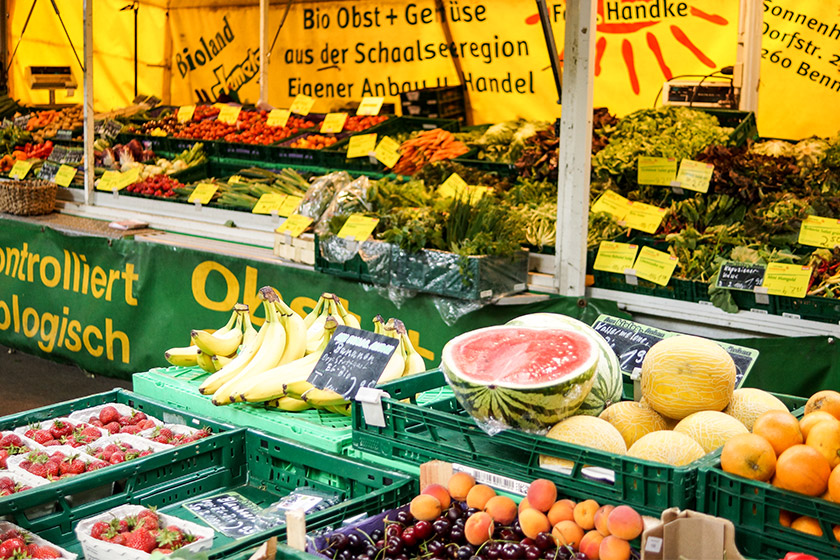
I shop regularly, actually daily, but it’s sticky hot this summer in Hamburg and so I’m finding it hard to keep things like tomatoes fresh.
Despite the inordinate indoor temperature, there are a few food items that we should avoid exposing to frigid temperatures. Many think, food should be kept well chilled to increase its lifespan. Truth is, not everything should kept in the refrigerator. Knowing this…are there any tips out there on prolonging the life of tomatoes in humid weather? I asked a local farmer at the weekly market, here’s what he he had to say about storing fruits and vegetables:
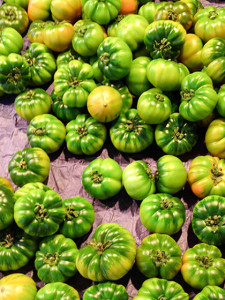
Properly storing fruits and vegetables
TOMATOES
Never refrigerate! Fact is, cooling causes havoc with the texture and flavor of tomatoes. Actually, refrigeration kills the flavor of tomatoes. So they need to be stored at room temperature. They don’t stay fresh for long, so best only buy what you think you will use in a few days’ time.
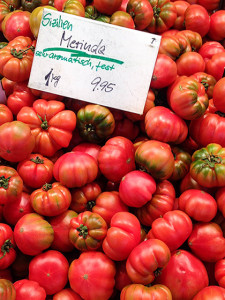
In order to keep perfect tomatoes, make sure there are no cracks, bruises or blemishes and store stem facing upwards so they remain fresher longer and if possible don’t let them touch each other. Anything bad happens to one, happens to the rest. Certainly store them in a coolish spot, away from direct sunlight or a warm breeze. Also, be sure to remove them from any plastic packaging, this lead to them going off considerably quicker. On the other hand, if you want to speed up ripeness, place them in a paper bag with an apple. Fruit produce gases, ethylene (the ripening agent), that cause neighboring fruits to ripen more quickly.
Let’s also take a look at some other items that do NOT belong in the fridge:
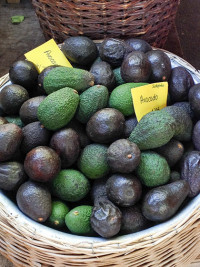
AVOCADOS
As with bananas, putting an avocado in the fridge will stop it from ripening. Great, if you want to preserve a perfectly ripe avocado for another day. Otherwise, it should be stored at room temperature. To speed up the ripening process, store it in a paper bag along with an apple. Once ripe, can be kept refrigerated for up to a week.

BREAD
Everyone prefers to eat bread fresh but still, it doesn’t belong in the fridge, rather room temperature. The cooler it’s kept, the faster it will lose its elasticity and moistness and go stale. Think tough and chewy. No thanks. Keep what you will eat within the next day or two in a dry pantry or bread box, freeze the rest.
BANANAS Do you really want to slow down the riping process? If so, then go for it, keep it in the fridge. The skin will turn black, but the fruit will be preserved. Bananas in particular ripen very quickly, and will also speed the ripening of any nearby fruits.
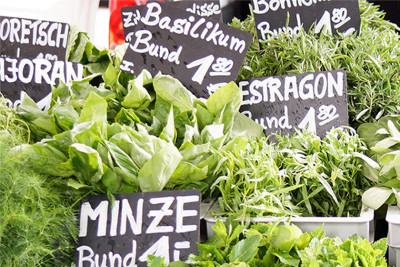
BASIL
Basil is difficult to store well. It does not like the cold. It’s leaves will quickly shrivel and turn brown if stored in the refrigerator. It doesn’t like to be wet either. I usually buy a potted basil plant, or store basil leaves loosely packed in an airtight container, lined with a damp piece of paper towel inside, stored on a cool countertop.
COFFEE
Consider coffee a sponge. It soaks up any smell that is in your fridge. Best stored in an airtight container.
OILS
Olive oil and coconut oil tend to get stodgy and cloudy at cool temperatures. Who wants clumpy oil? Not me.
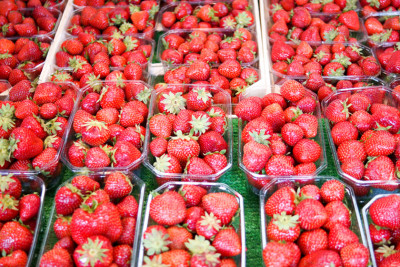
FRUIT (in general)
Firm fruit will continue to ripen if left sitting out on a countertop. Cold temperatures may effect texture and taste, but once ripe, you can refrigerate to prevent spoiling. Stone fruit should be refrigerated only when fully ripe. In contrast, grapes and berries will only deteriorate and therefore should be refrigerated. Berries kept cool in a paper bag works well, but only wash them before you plan on eating them – they don’t like water, it only leads to mold! Citrus fruits can be stored in the fridge or in a cool place with good airflow.
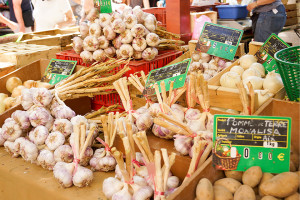
GARLIC
Only if you like rubbery garlic. And it gets moldy pretty fast. Refrigerating garlic can reduce the flavor and actually cause mold: store in a cool, dark, place.
HONEY
Honey is a naturally preserved food. Refrigeration only leads to thickened and crystallized honey. It can be stored in the kitchen cabinet without having any negative implications.
MELON Cut melons should be in the fridge. Otherwise, storing at room temperature ensures that the antioxidants are kept intact. Store in a cool dry place, out of the sun up to two weeks.
ONIONS
Firstly. keep your onions away from potatoes. They are not friends. Potatoes actually cause onions to rot. As potatoes ripen, they give off moisture and gases that cause onions to spoil more rapidly. Store onions in a cool, dark and dry, place with good air circulation.
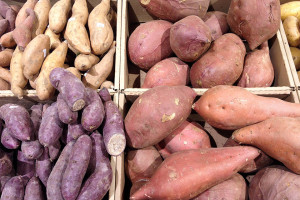
POTATOES / SWEET POTATOES / YAMS
Cold temperatures break down the starches, plus they can pick up odors from other items (such as onions) stored next to them. So store them in isolation. Store in cool, dark and dry place dry pantry in a paper bag or a box. Plastic bags contribute to moisture build up and are sure to bring on mold.
What about fruit flies?
With all this fresh fruit around, summer also brings on fruit flies. Here’s a home remedy for ridding your fruit basket of them: Apple cider vinegar in a jar lid works pretty darn well. Better yet, put some vinegar in a small jar with a funnel or cutting off the top of plastic bottle turned upside down will do. This slows the evaporation. Fruit flies are attracted to the smell of the vinegar and will attempt to land on its surface. However, they’re in for a surprise. It’s tremendously successful for catching fruit flies. Say good-bye little friends!


